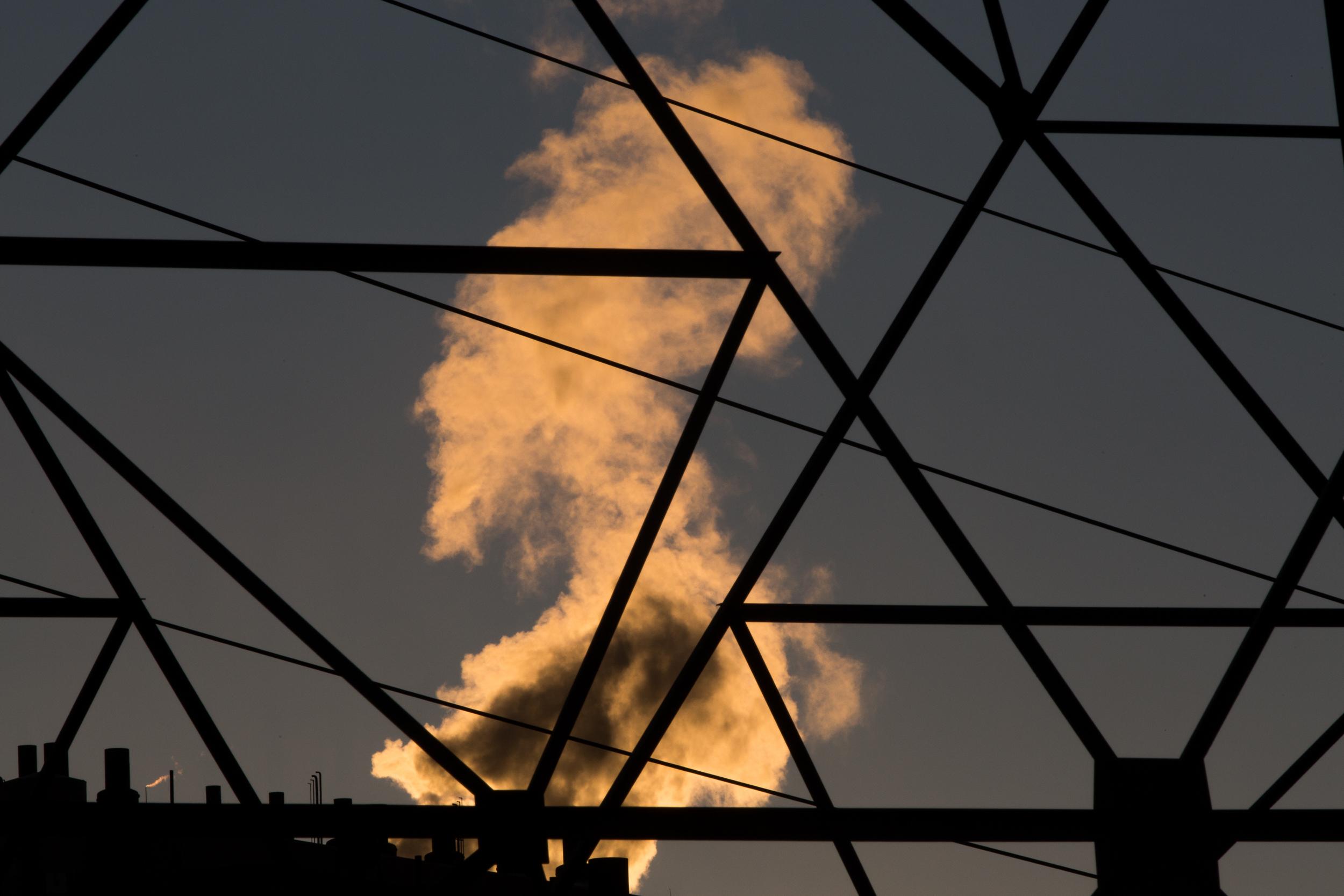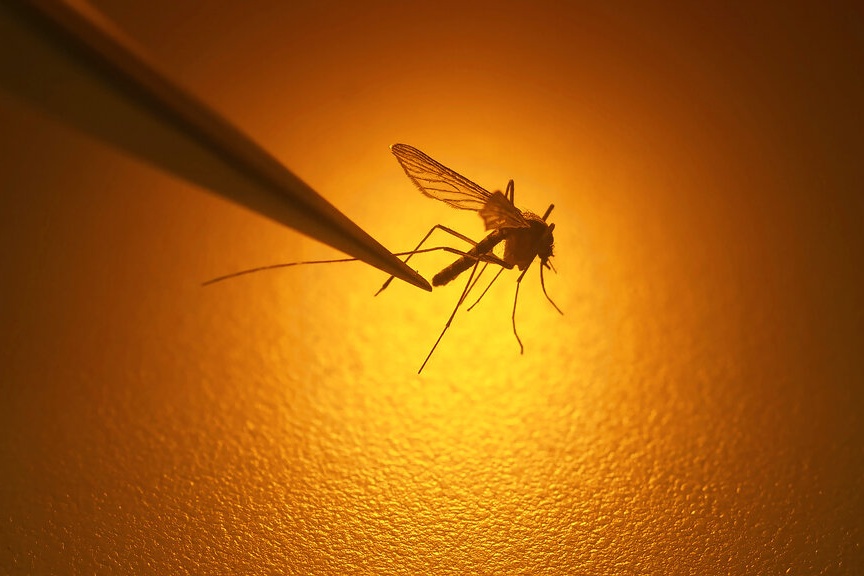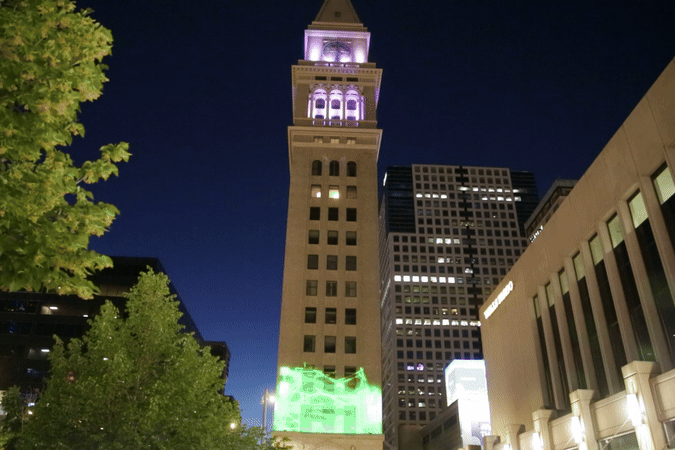
Two contract workers who died after sinking into a 60-foot coal pile in Pueblo last month had climbed the pile to find and clear an air pocket, police records obtained by CPR News show.
The regional office for the Occupational Health and Safety Administration, the federal workplace health and safety agency, is investigating the deaths at the Comanche Generating Station in Pueblo. Savage, the company contracted by Xcel Energy to handle coal at the plant, is working with the utility to conduct a separate internal investigation.
The air pocket the workers were trying to clear was blocking coal from moving through a conveyor system at the bottom of the pile, according to a police report. The workers were not wearing harnesses or suspension equipment, Savage spokesperson Jeff Hymas said.
“There is not a legal or regulatory requirement for wearing a harness or suspension equipment while working on a coal pile, and it is not a company requirement,” Hymas said in an email.
'No one should ever walk or work (on) top of such a pile'
An expert on safety at coal mining operations, where similar coal piles are often located, told CPR News the workers shouldn’t have been on top of the pile in the first place.
“Coal storage piles with underground draw points always bear the risk of collapse, therefore no one should ever walk or work (on) top of such a pile,” said Jürgen F. Brune, a mine engineering professor at the Colorado School of Mines who researches mine design and safety.
Regulators have warned workers not to stand on coal piles after similar collapses at mines, including one that killed five people at a West Virginia mine in 1986. Training documents from the federal Mine Safety and Health Administration caution workers that coal and other materials are often unstable and can act like “quicksand.” It also warns that hidden air pockets are particularly dangerous.
The agency issued an alert in 2020 urging mine operators to “prevent foot traffic on surge piles” and inform new employees about the dangers of working on coal piles.
“Even a lanyard and harness may not work because people suffocate before they can be rescued,” Brune said, comparing the situation to being trapped in an avalanche. Similar collapses have engulfed entire bulldozers, many of which now come with bulletproof glass and oxygen, he said.
The accident and the unsuccessful rescue attempt
Police reports, dispatch tape and a 911 call from the Pueblo Police Department detail a long, exhausting and ultimately unsuccessful attempt to rescue the two workers.
On the morning of June 2, Kyle Bussey, 28, and Phillip Roberts, 36, climbed the coal pile to find the air pocket blocking the conveyor system, police records show. They then fell through the unstable pile, which collapsed above them.
Rescuers spent hours searching for the pair, using shovels and later excavators to dig out coal from the pile, police records show. Within the first hour, emergency crews radioed dispatch to call for cadaver dogs and helicopters to help with the search. One rescuer wondered if they could use the workers’ cell phones to pinpoint their location.
The workers were found around 3:30 p.m., almost seven hours after an employee at the plant first called 911. Roberts had only recently started working at the plant, his sister, Keffer Smith, told CPR News.
Officers at the scene spoke with a supervisor for Savage, according to the police report. He declined CPR News’ request for comment.
Previous deaths at a Colorado Xcel plant
In 2007, five painters were killed in a tunnel fire at an Xcel Energy hydroelectric plant south of Georgetown.
OSHA called it a “preventable” accident and issued a combined $1 million penalty to Xcel and the painters’ employer, RPI Coating, Inc.
A federal jury found Xcel was not culpable in the deaths, according to The Denver Post. RPI Coating pleaded guilty to safety violations and paid more than $1 million to the victims’ families.









